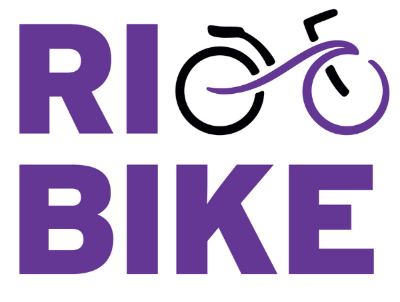Our guys at the bike summit! Good job!
From today’s Energy & Environment Daily:
Phil Taylor, E&E reporter
Hundreds of bicycling advocates at the National Bike Summit in Washington, D.C., are lobbying lawmakers to support projects they say will help the environment, create jobs and improve public health.
“We have an opportunity that is unparalleled,” Rep. Earl Blumenauer (D-Ore.), himself an avid bicyclist, told the gathering of 550 cyclists today. “Cycling is part of America’s economic recovery.”
Transportation Secretary Ray LaHood told the summit he hopes state and local authorities will use some of their federal stimulus checks for pedestrian and bicycling projects and not wait for a reauthorization of the federal highway bill.
“We don’t want to wait for new authorization legislation to take action,” LaHood said. “I encourage you to work with state and local officials to propose projects that may be eligible for a portion of these funds.”
This spring, the Department of Transportation and states plan to examine European efforts to improve mobility and safety for walkers and bikers. Biking has grown in popularity in countries like Denmark, where 36 percent of people ride bikes to school and work every day.
DOT released $26.6 billion from the stimulus package last week to state and local authorities for road, bridge, rail and port projects. As much as 30 percent of that money will go directly to metropolitan governments, where it has a better chance to be spent on walking and biking paths and bicycle safety programs.
But biking activists know they must move fast for cash.
“We have a lot to lose if this money is just pushed out to the states with little or no direction,” said Colin Peppard of the advocacy group Friends of the Earth during a panel on getting state cash for biking initiatives.
Summit speakers urged participants to pressure state and local governments to apply for stimulus funds for transit, trails and pathways. “The more highway options we provide,” Peppard said, “the less incentives people have to walk, bike or take public transit.”
Bicycling proponents say they may have an advantage over highway projects because biking and pedestrian projects are simpler and typically take far less time to start and complete.
While the emphasis is on getting stimulus funding, the summit is also preparing to lobby on a sweeping authorization bill this year to succeed the Safe, Accountable, Flexible, Efficient Transportation Equity Act: A Legacy for Users, or SAFETEA-LU.
The $244.1 billion SAFETEA-LU, which expires Sept. 30, earmarked millions for non-motorized transportation.
LaHood pledged full DOT support for bicycling initiatives in the next bill.
“H.G. Wells was right when he said, ‘When I see an adult on a bicycle, I do not despair for the future of the human race,'” LaHood said. “We are on the cusp of an opportunity to live in communities where bicycling is a priority for planners.”
The SAFETEA-LU reauthorization bill is expected to be introduced in May by Rep. James Oberstar (D-Minn.), who chairs the House Transportation and Infrastructure Committee. Oberstar, who was instrumental in getting the Safe Routes to School program — which encourages children to walk to school — into the last transportation bill, vowed that he would seek to expand biking and walking initiatives in the next measure.
“There is no question, except how big will [biking initiatives] be?” Oberstar told the summit last night.
